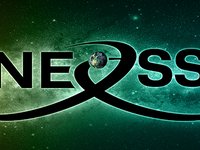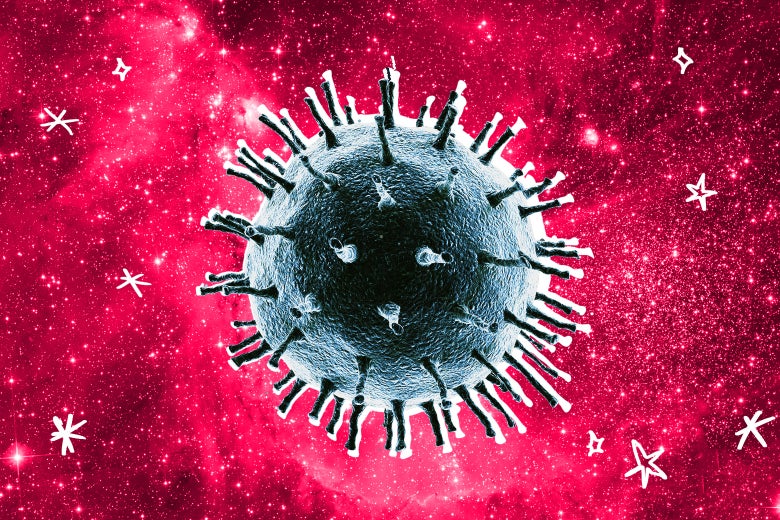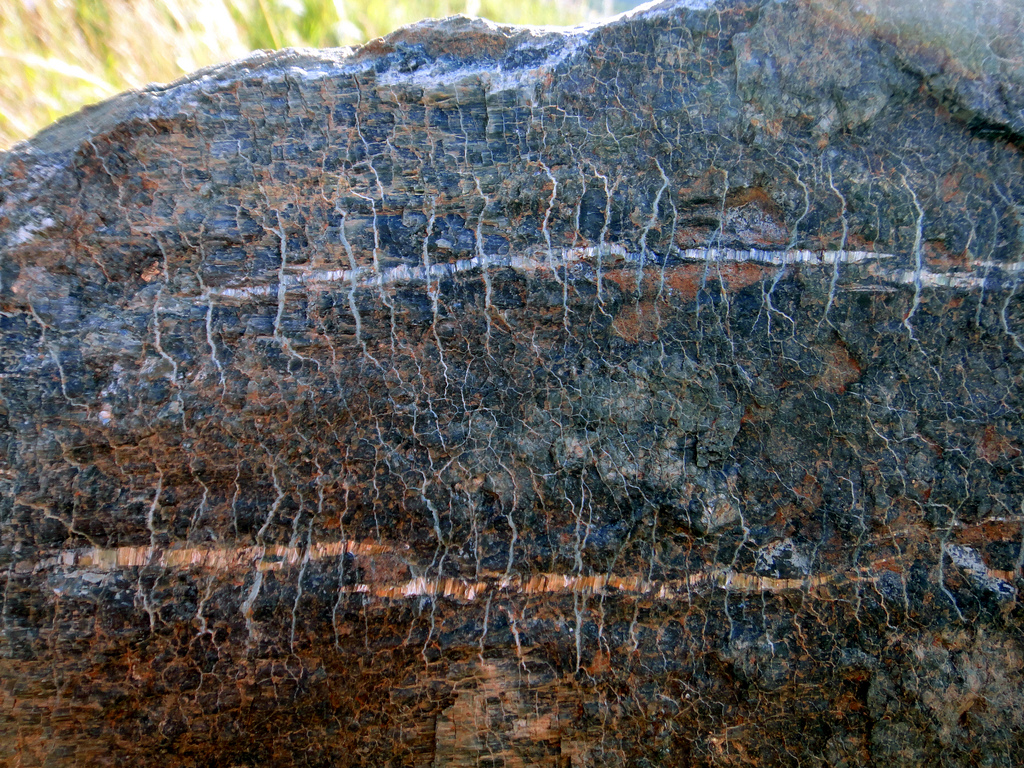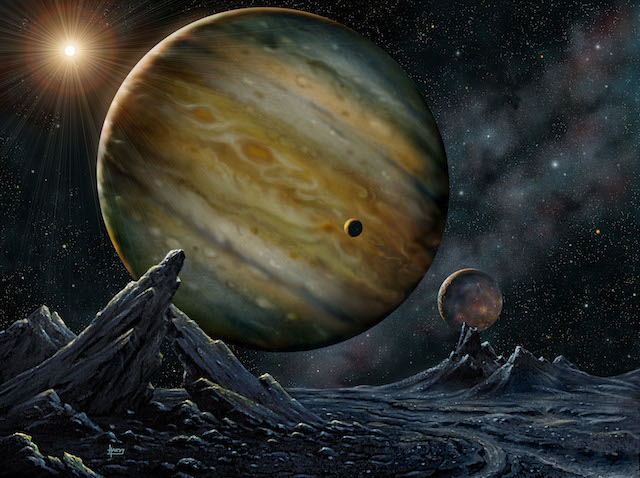Exoplanet Biosignatures Workshop Without Walls
When: July 27, 2016 8AM PDT

A NExSS & NASA Astrobiology Program Joint Workshop
Pre-workshop online activities to commence: June 13, 2016
In-person workshop (and online broadcast): July 27 – 29, 2016, Seattle, WA
Click here for the main website for this upcoming event.
Science Organizing Committee:
Daniel Apai (University of Arizona, USA)
Gary Blackwood (JPL/ExEP, USA)
Shawn Domagal-Goldman (NASA GSFC, USA)
Yuka Fujii (ELSI, Japan, and NASA GISS, USA)
Lee Grenfell (DLR, ESA, Germany)
Nancy Y. Kiang (NASA GISS, USA)
Adrian Lenardic (Rice University, USA)
Nikole Lewis (STSci, USA)
Tim Lyons (University of California, Riverside, USA)
Hilairy Hartnett (Arizona State Univ., USA)
Bill Moore (Hampton University, USA)
Enric Palle (Instituto de Astrofísica de Canarias, Spain)
Niki Parenteau (SETI / NASA ARC, USA)
Heike Rauer (DLR, ESA, Germany)
Karl Stapelfeldt (NASA GSFC/JPL, USA)
Sara Walker (Arizona State University, USA)
Future exoplanet observations will soon focus on the search for life beyond the Solar System. Biosignatures to be sought are those with global, potentially detectable, impacts on a planet. Biosignatures occur in an environmental context in which geological, atmospheric, and stellar processes and interactions may work to enhance, suppress or mimic these biosignatures. Thus biosignature science is inherently interdisciplinary. Its advance is necessary to inform the design of the next flagship missions that will obtain spectra of habitable extrasolar planets.
This Exoplanet Biosignatures Workshop will bring together the astrobiology, exoplanet, and mission concept communities to review, discuss, debate, and advance the science of biosignatures. This process will engage a broad range of experts by merging the interdisciplinary reaches of NExSS, the NASA Astrobiology Institute (NAI), NASA’s Exoplanet Exploration Program (ExEP), and international partners, such as the European Astrobiology Network Association (EANA) and Japan’s Earth Life Science Institute (ELSI). Between these groups, we will have expertise in astronomy, planetary science, Earth sciences, heliophysics, biology, instrument/mission development, and engineering.
The workshop will gather these communities in the pursuit of three goals:
1. State of the Science Review:
What are known remotely-observable biosignatures, the processes that produce them, and their known non-biological sources?
2. Advancing the Science of Biosignatures:
How can we develop a more comprehensive conceptual framework for identifying additional biosignatures and their possible abiotic mimics?
3. Confidence Standards for Biosignature Observation and Interpretation:
What paradigm informed by both scientists and technologists could establish confidence standards for biosignature detection?
The 3-day in-person workshop will be coordinated with pre-workshop online activities to summarize the state of the science of exoplanet biosignatures. This review will provide background for the in-person workshop, which will focus on advancing the science of biosignatures, and understanding the technological needs and capabilities for their detection. This information will be exchanged with the Science Technology Definition Teams (STDTs) of upcoming planet-observing missions.
The in-person workshop will include plenary talks to set the stage for small group discussions, which will focus addressing key science questions identified by the Science Organizing Committee. The intent is for the workshop to be highly interactive. The meeting agenda will be posted online approximately 1 month prior to the workshop.
Outputs from this workshop will include summary reports, which will be circulated to the community for feedback. These reports will be filed with a dedicated Exoplanet Biosignatures Study Analysis Group (SAG 16) of the Exoplanet Exploration Program Analysis Group (ExoPAG).
 Astrovirology
Astrovirology Searching for Signs of Subsurface Life on Mars (Extinct to Extant)
Searching for Signs of Subsurface Life on Mars (Extinct to Extant) Serpentinizing Systems Science
Serpentinizing Systems Science Upstairs Downstairs: Consequences of Internal Planet Evolution for the Habitability and Detectability of Life on Extrasolar Planets
Upstairs Downstairs: Consequences of Internal Planet Evolution for the Habitability and Detectability of Life on Extrasolar Planets